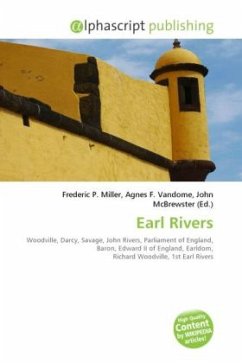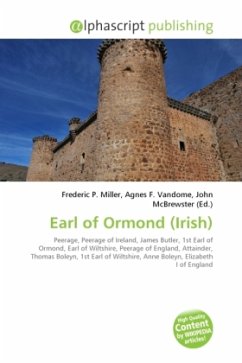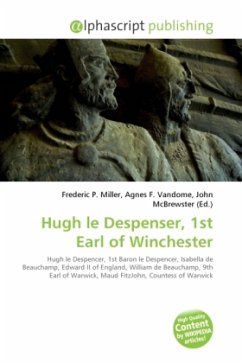High Quality Content by WIKIPEDIA articles! Earl of Albemarle is a title created several times. The word Albemarle (or Albermarle) is an early variant of the French Aumale (Latin, Alba Marla, or English, White Marl, marl being a type of fertile soil), other forms being Aubemarle and Aumerle, and is described in the patent of nobility granted in 1697 by William III to Arnold Joost van Keppel as "a town and territory in the Dukedom of Normandy." During the period in which England and France contended for the rule of Normandy (through the end of the Hundred Years' War), the kings of England not infrequently created peers as Counts and Dukes of Aumale. The last, to Richard de Beauchamp, 13th Earl of Warwick, was in 1422; Aumale, anglicized as Albemarle, was not revived in the peerage until 1660. In that year, Charles II bestowed the title of Duke of Albemarle on General George Monck. Monck's hereditary claim to this semi-royal peerage was a very shadowy one, being based as was also his subordinate style of Baron Beauchamp on his descent from the youngest of the three co-heiresses of Richard, Earl of Warwick, the last Earl of Albemarle.
Bitte wählen Sie Ihr Anliegen aus.
Rechnungen
Retourenschein anfordern
Bestellstatus
Storno








